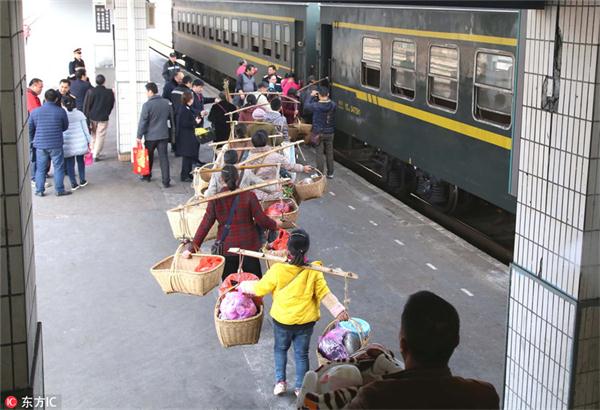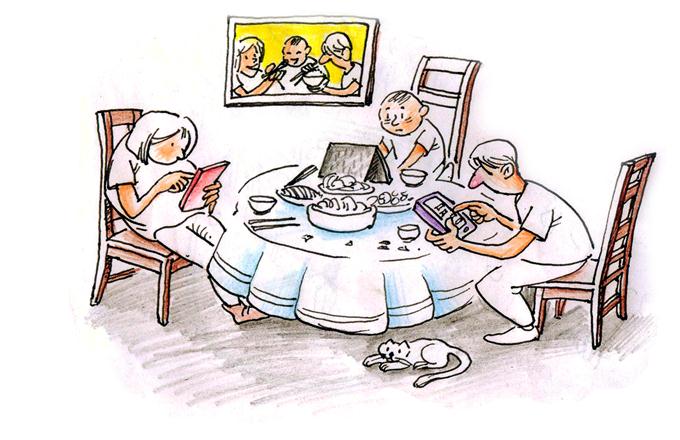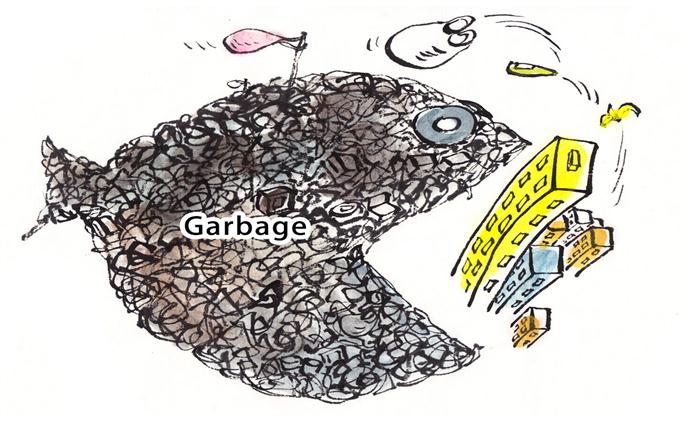Rural residents top priority for social aid
 |
|
Some passengers, carrying poles with loads on their shoulders, queue to get on the train in Chenzhou, Hunan province, Dec 16, 2016. [Photo/IC] |
REPORTS OF A 20-YEAR-OLD STUDENT IN CHENGDU, Southwest China's Sichuan province, who looks after her 93-year-old grandmother on her own when not in class, have given rise to heated a debate over the country's social security system. Guangzhou Daily commented on Wednesday:
It is a sad story that the Chengdu student had to take care of her aged, immobile grandmother after the student lost her father four months ago. But her strong will and filial piety have made it less heartbreaking, especially as she has refused to take donations from good Samaritans because her part-time salary covers most of the daily costs.
Touching as her story is, it warrants deeper reflection on what has gone wrong in the social security system, which has failed to offer proper assistance to her family. Instant media coverage and people's subsequent voluntary donations are not enough to ease the hardships that many embattled families are going through.
It is praiseworthy that the Chengdu girl offered to care for a senior family member. And she is not alone since in rural China many young people bear such responsibility because their parents are away working in big cities as immigrants.
However, they might be overburdened given their coursework and limited channels to make money to support the family at an early age. Those managing to get by like the Chengdu student are in fact few. Those having the "luxury" of being reported by the media may be even less.
The need to provide affordable care service to rural elderly residents is striking. For example, in the case of the Chengdu student, a proper nursing home would be of great help to her and her grandmother.
In urban communities, young people that face such difficulties are more likely to get through the hardships because of their easier access to assistance offered by local governments and better financial conditions. Rural residents should be the priority of governmental care regardless of whether they hit the headlines or not.



















